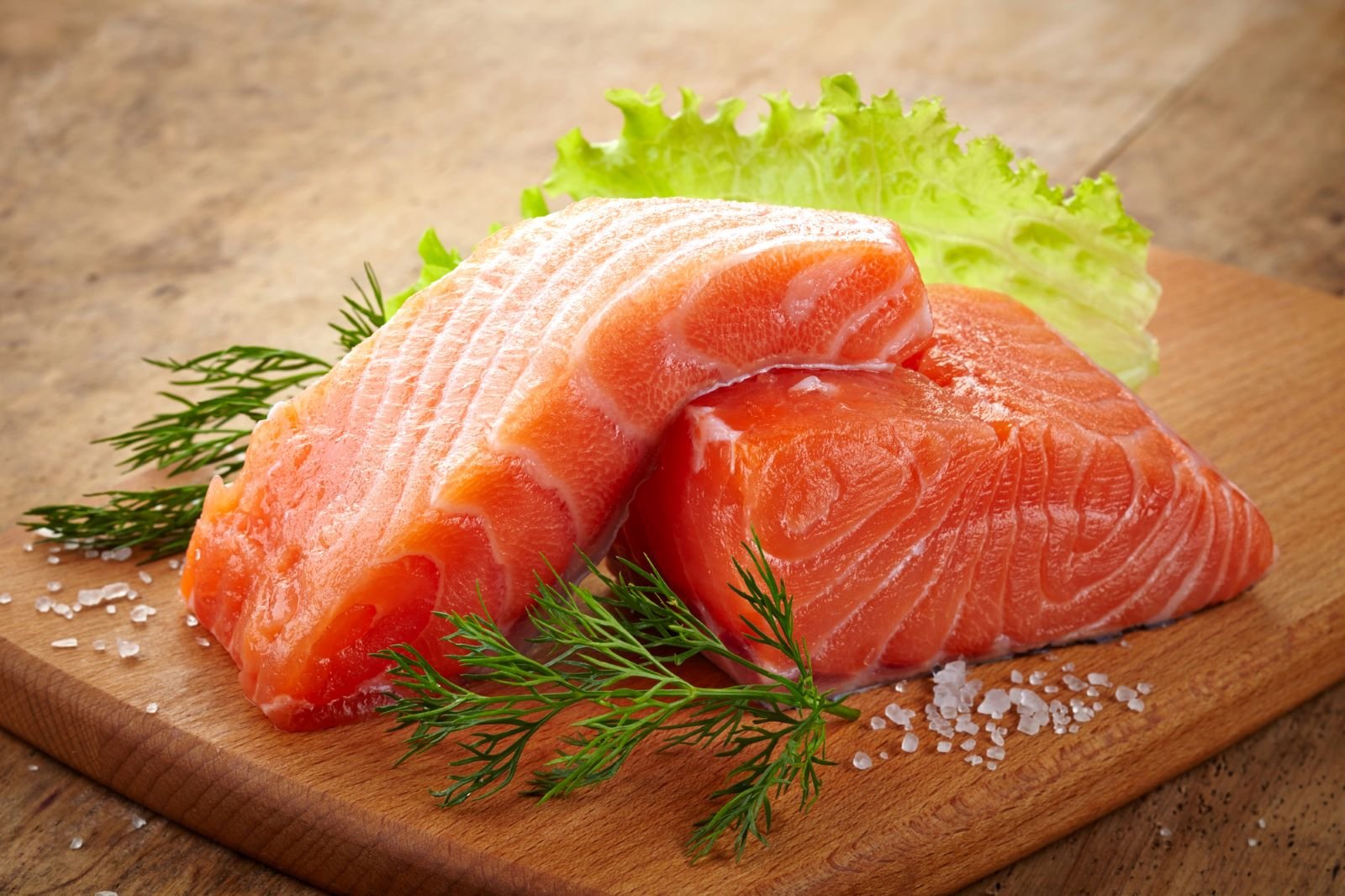Inflammation is a natural response of the body’s immune system to injuries, infections, and toxins. While acute inflammation is a protective and necessary process for healing, chronic inflammation can contribute to a variety of health problems, including heart disease, diabetes, arthritis, and certain cancers.
Fortunately, adopting a diet rich in anti-inflammatory foods can help manage and reduce chronic inflammation. Let’s explore the best foods to include in your diet to promote overall health and well-being by combating inflammation naturally.
Berries: Nature’s Anti-Inflammatory Powerhouses

Berries, including strawberries, blueberries, raspberries, and blackberries, are packed with antioxidants, vitamins, and fiber. They are particularly rich in anthocyanins, a type of antioxidant with potent anti-inflammatory effects. Studies have shown that consuming berries can reduce markers of inflammation, such as C-reactive protein (CRP), and lower the risk of chronic diseases. Adding a handful of berries to your breakfast, smoothies, or salads is an easy and delicious way to harness their anti-inflammatory benefits.
Fatty Fish: Omega-3 Rich Superfoods

Fatty fish like salmon, mackerel, sardines, and trout are excellent sources of omega-3 fatty acids, which have been extensively studied for their anti-inflammatory properties. Omega-3 fatty acids help reduce the production of inflammatory molecules and are beneficial for heart health, brain function, and joint health. Incorporating fatty fish into your diet at least twice a week can significantly reduce inflammation and promote overall health.
Leafy Greens: Nutrient-Dense Vegetables

Leafy green vegetables such as spinach, kale, and Swiss chard are nutrient powerhouses. They are rich in vitamins, minerals, and antioxidants that help combat inflammation. Leafy greens contain polyphenols and carotenoids, which have been shown to reduce inflammation and protect against chronic diseases. Including a variety of leafy greens in your daily diet can provide a wide range of health benefits, from improved immune function to reduced risk of chronic diseases.
Turmeric: The Golden Spice

Turmeric is a vibrant yellow spice commonly used in Indian cuisine. Its active compound, curcumin, is renowned for its potent anti-inflammatory and antioxidant properties. Curcumin inhibits the activity of inflammatory enzymes and molecules, providing relief from chronic inflammation and related conditions like arthritis. Adding turmeric to your meals, smoothies, or teas can be a flavorful way to reduce inflammation. Pairing it with black pepper enhances the absorption of curcumin, maximizing its benefits.
Nuts and Seeds: Small But Mighty

Nuts and seeds, such as almonds, walnuts, flaxseeds, and chia seeds, are rich in healthy fats, fiber, and antioxidants. They provide a good source of omega-3 fatty acids, particularly in walnuts and flaxseeds, which help reduce inflammation. These nutrient-dense foods also contain vitamin E, which has anti-inflammatory effects. Incorporating a variety of nuts and seeds into your diet can help combat inflammation and provide essential nutrients for overall health.
Olive Oil: A Staple of the Mediterranean Diet

Extra virgin olive oil is a cornerstone of the Mediterranean diet, known for its numerous health benefits. It is rich in monounsaturated fats and contains polyphenols, both of which have anti-inflammatory properties. Olive oil has been shown to reduce inflammatory markers and lower the risk of chronic diseases, such as heart disease and diabetes. Using olive oil as your primary cooking fat and in salad dressings can help you reap its anti-inflammatory benefits.
Tomatoes: A Versatile Anti-Inflammatory Food

Tomatoes are a versatile and delicious addition to any diet, offering a wealth of nutrients, including vitamin C, potassium, and lycopene. Lycopene, a powerful antioxidant, has been shown to reduce inflammation and protect against various chronic diseases. Cooking tomatoes increases the availability of lycopene, making tomato-based sauces and soups an excellent way to enjoy this anti-inflammatory food.
Green Tea: A Soothing Beverage

Green tea is renowned for its numerous health benefits, primarily due to its high content of antioxidants, particularly catechins. These compounds have significant anti-inflammatory effects and can help reduce the risk of chronic diseases. Drinking green tea regularly can help combat inflammation and provide a soothing, health-boosting beverage option. Matcha, a powdered form of green tea, offers an even more concentrated dose of antioxidants and can be incorporated into smoothies, lattes, and baked goods.
Garlic: A Flavorful Anti-Inflammatory

Garlic has been used for centuries for its medicinal properties. It contains sulfur compounds, such as allicin, that have potent anti-inflammatory and immune-boosting effects. Garlic can help reduce the production of inflammatory molecules and improve overall health. Incorporating fresh garlic into your meals can enhance flavor while providing significant health benefits.
Ginger: A Spicy Anti-Inflammatory Root

Ginger is a popular spice with a long history of use in traditional medicine. Its active compounds, including gingerol, have powerful anti-inflammatory and antioxidant effects. Ginger can help reduce inflammation and alleviate symptoms of inflammatory conditions, such as osteoarthritis. Adding fresh or powdered ginger to your dishes, teas, and smoothies can provide a spicy kick and anti-inflammatory benefits.
Whole Grains: Fiber-Rich Choices

Whole grains, such as oats, quinoa, brown rice, and barley, are rich in fiber, vitamins, and minerals. Unlike refined grains, whole grains retain their nutrient-rich bran and germ, providing anti-inflammatory benefits. Consuming whole grains can help reduce inflammation and lower the risk of chronic diseases like heart disease and diabetes. Opting for whole grain options over refined grains is an easy way to improve your diet and reduce inflammation.
Avocados: Nutrient-Dense Superfoods

Avocados are nutrient-dense fruits rich in healthy fats, fiber, and antioxidants. They contain monounsaturated fats, which have anti-inflammatory effects and can help improve heart health. Avocados are also a good source of vitamins E and C, both of which have anti-inflammatory properties. Adding avocado to your meals, such as salads, sandwiches, and smoothies, can provide a creamy texture and numerous health benefits.
Peppers: Colorful Anti-Inflammatory Veggies

Peppers, including bell peppers and chili peppers, are rich in vitamins, antioxidants, and anti-inflammatory compounds. Bell peppers are high in vitamin C and antioxidants, which help reduce inflammation. Chili peppers contain capsaicin, a compound with powerful anti-inflammatory effects. Including a variety of peppers in your diet can add color, flavor, and health benefits to your meals.
Dark Chocolate: A Delicious Anti-Inflammatory Treat

Dark chocolate, particularly in varieties with a high cocoa content (70% or higher), is rich in antioxidants, such as flavonoids. These compounds have anti-inflammatory effects and can help reduce the risk of chronic diseases. Consuming dark chocolate in moderation can provide a delicious treat with health benefits. Pairing it with nuts or berries can enhance its anti-inflammatory effects.
Mushrooms: A Fungi with Benefits

Mushrooms, such as shiitake, maitake, and reishi, have been used in traditional medicine for their health benefits. They contain bioactive compounds, including polysaccharides and triterpenoids, with anti-inflammatory effects. Including a variety of mushrooms in your diet can provide unique flavors and health benefits. Sautéing or adding them to soups and stews are excellent ways to enjoy mushrooms.
Beets: A Nutrient-Rich Root Vegetable

Beets are nutrient-rich root vegetables high in fiber, vitamins, and antioxidants. They contain betalains, compounds with powerful anti-inflammatory and detoxifying properties. Consuming beets can help reduce inflammation and improve overall health. Roasting or juicing beets is a delicious way to incorporate them into your diet.


